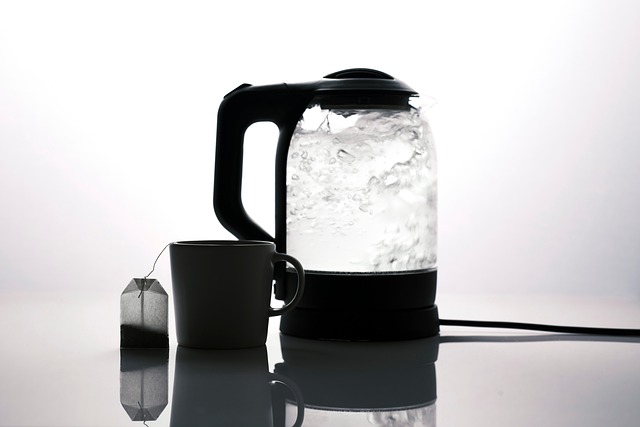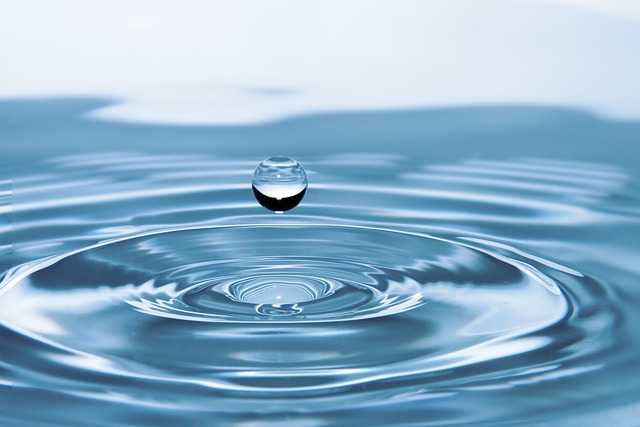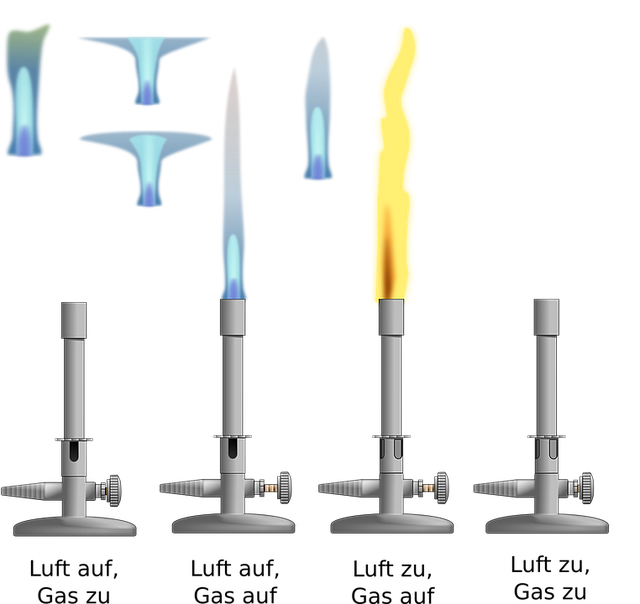Proper Water Heater Maintenance is key to maintaining a reliable hot water supply at home. Regular flushing and inspections prevent common issues like lack of hot water, noise, leaking, and pilot light problems. Early signs like decreased temperature, longer heating times, unusual noises, and leaks indicate potential issues with elements, insulation, or connections. Timely identification through routine checks allows for proactive decision-making between repair and replacement, avoiding major damage and costly repairs.
Troubleshooting water heater problems is a common household task, but knowing when to repair or replace can be challenging. This comprehensive guide helps you navigate the decision-making process with confidence. We’ll show you how to recognize common water heater issues, evaluate repair vs. replacement costs, and implement proactive measures for optimal maintenance. By understanding these key factors, you can extend the lifespan of your water heater and avoid costly breakdowns.
- Recognizing Common Water Heater Issues
- – Identifying signs of trouble
- – Understanding minor vs. major problems
Recognizing Common Water Heater Issues

Water heater problems can range from minor inconveniences to major red flags indicating the need for a replacement. Recognizing common issues is the first step in effective water heater maintenance. One of the most frequent issues is a lack of hot water, which could be caused by a faulty heating element or a problem with the temperature control mechanism. Another sign to watch out for is excessive noise coming from the water heater, such as banging or rumbling sounds, suggesting potential problems with the tank or components inside.
Leaking water is yet another red flag, indicating corrosion or damage to seals and connections. If you notice a persistent pilot light that keeps going out or an odd burning smell, it could be due to gas leaks or fuel valve issues. Regular water heater maintenance, including periodic flushing and inspections, can help prevent these problems. However, if the issue persists despite basic troubleshooting, it might be time to consider repair or replacement to ensure your home’s hot water supply remains reliable.
– Identifying signs of trouble

Recognizing the early signs of water heater issues is crucial for effective water heater maintenance. One of the most noticeable symptoms is a decrease in water temperature, indicating potential problems with heating elements or insulation. If your hot water takes longer to reach the desired temperature, it could be an insult to the system’s efficiency. Another common red flag is strange noises coming from the heater, such as rumbling or banging sounds, which may signal loose connections or damaged parts requiring immediate attention.
Additionally, persistent leaks around the base of your water heater are a clear sign that repairs are needed. Over time, corrosion and wear can weaken seals and connections, leading to water damage and potential safety hazards. Regular checks for these signs can help in deciding whether to repair or replace, ensuring your water heater operates efficiently and safely throughout its lifespan.
– Understanding minor vs. major problems

Many minor water heater issues can often be resolved through simple troubleshooting techniques and regular water heater maintenance. This includes problems like low water pressure, a lack of hot water, or noises coming from the tank. Addressing these concerns promptly can prevent more significant damage and costly repairs. Over time, however, recurring or persistent issues may indicate more severe problems such as leaks, corrosion, or faulty heating elements. At this point, it’s crucial to assess whether a repair or replacement is more feasible and cost-effective. Major water heater problems often require professional attention and might signal the end of the unit’s lifespan, warranting a complete overhaul. Regular maintenance checks can help identify potential issues early on, ensuring you’re better prepared when facing these decisions.
When it comes to water heater maintenance, recognizing the signs of trouble early on is key. By understanding the difference between minor and major issues, you can decide whether to repair or replace your unit. Regular checks and timely action can prevent major disruptions in your daily routine. Remember, a well-maintained water heater ensures consistent hot water supply and longevity, making it an essential part of home ownership.
